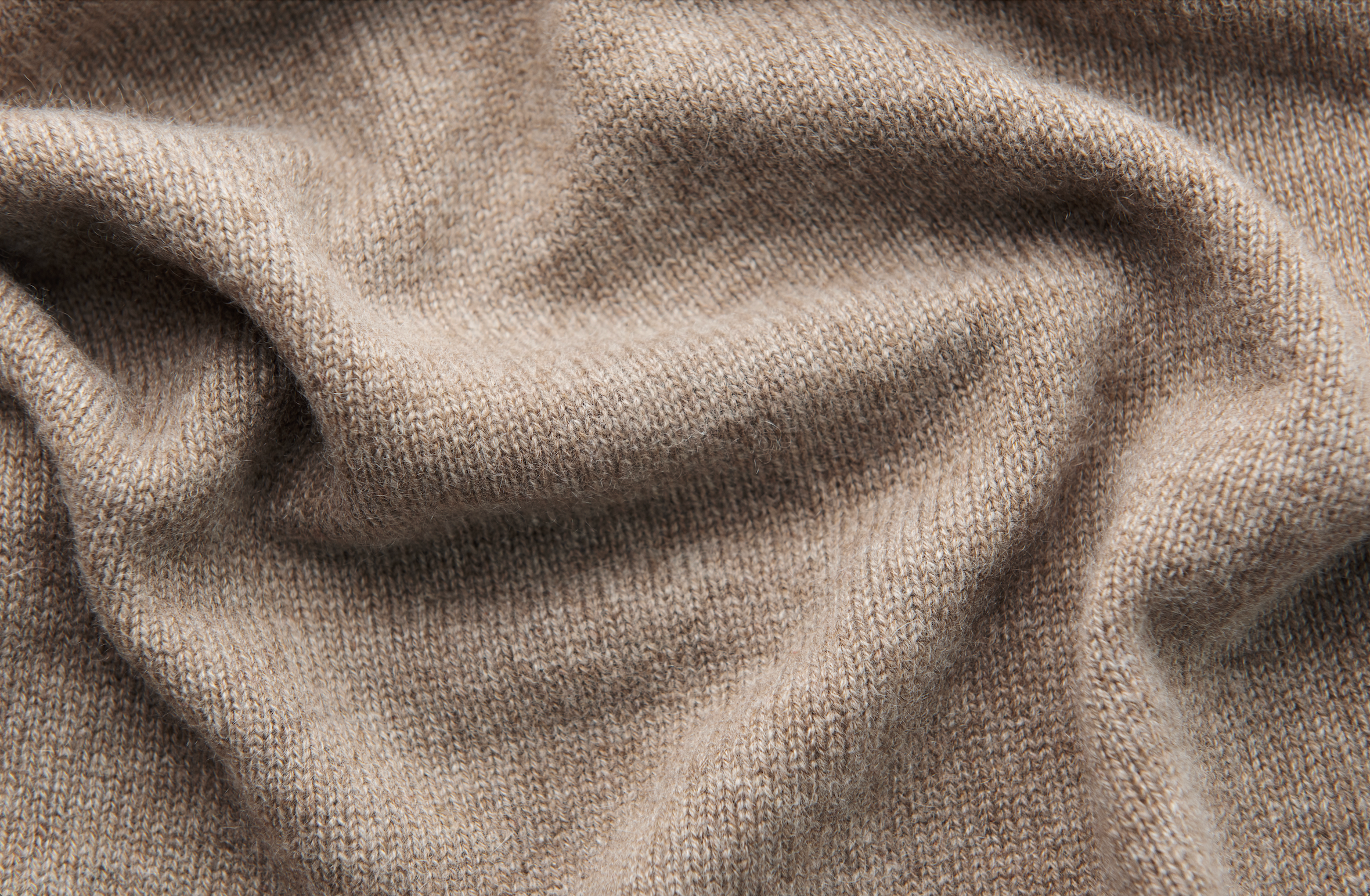
Merino Wool: Unraveling the Myths and Discovering Sustainable Luxury
When it comes to choosing the perfect fabric for your wardrobe, merino wool often stands out as a timeless and versatile choice. However, there are a few misconceptions about this remarkable material that deserve to be unraveled. Beyond its practicality and comfort, merino wool boasts impressive sustainability credentials, making it a top choice for conscious consumers. In this article, we'll explore the truth behind the myths and delve into why merino wool is in high demand for apparel. We'll also spotlight the Suedwolle Group's commitment to Corporate Social Responsibility (CSR) and the certifications that underscore their dedication to both animal welfare and the planet.

Myth 1: Wool Is Scratchy and Uncomfortable
One common misconception about wool, especially merino wool, is that it's itchy and uncomfortable against the skin. However, merino wool is remarkably soft and fine, with fibres that are much thinner than traditional wool. This makes it luxuriously comfortable to wear, even for those with sensitive skin.
Myth 2: Wool Is Only for Winter
Another myth is that wool is suitable only for cold weather. In reality, merino wool is a natural temperature regulator, keeping you warm in the winter and cool in the summer. Its breathability ensures you stay comfortable year-round.
Myth 3: Wool Is High Maintenance
Contrary to popular belief, merino wool is easy to care for. It's naturally resistant to odour, moisture-wicking, and quick-drying, meaning fewer trips to the dry cleaner and less water consumption.

Sustainability at Its Core
Merino wool's sustainable properties are a significant reason for its popularity. The Suedwolle Group, a leading producer of fine yarns, exemplifies this commitment to sustainability. They've earned a slew of certifications that underline their dedication to both animal welfare and environmental protection:
ISO 9001: Ensuring quality management systems.
ISO 14001: Demonstrating environmental management systems.
ISO 50001: Focusing on energy management.
bluesign®: Committing to responsible and sustainable textile production.
GOTS (Global Organic Textile Standard): Promoting organic farming practices and safe working conditions.
IVN Best (Internationaler Verband der Naturtextilwirtschaft e.V. - International Association of the Natural Textile Industry): Highlighting the best in natural textiles.
Oeko-Tex 100: Certifying that textiles are free from harmful substances.
These certifications not only ensure the quality of merino wool products but also guarantee that they've been produced with the utmost respect for the environment and the well-being of animals.
Merino Wool: A Sustainable Luxury
In an age where conscious consumerism is paramount, merino wool shines as a beacon of sustainability and luxury. Its natural comfort, versatility, and easy care make it a valuable addition to any wardrobe. The Suedwolle Group's commitment to CSR and their impressive list of certifications ensure that choosing merino wool is not only a choice for comfort but also a choice for a better planet. So, whether you're seeking warmth in the winter or coolness in the summer, merino wool has you covered, all while leaving a softer footprint on the Earth.




Leave a comment
This site is protected by hCaptcha and the hCaptcha Privacy Policy and Terms of Service apply.